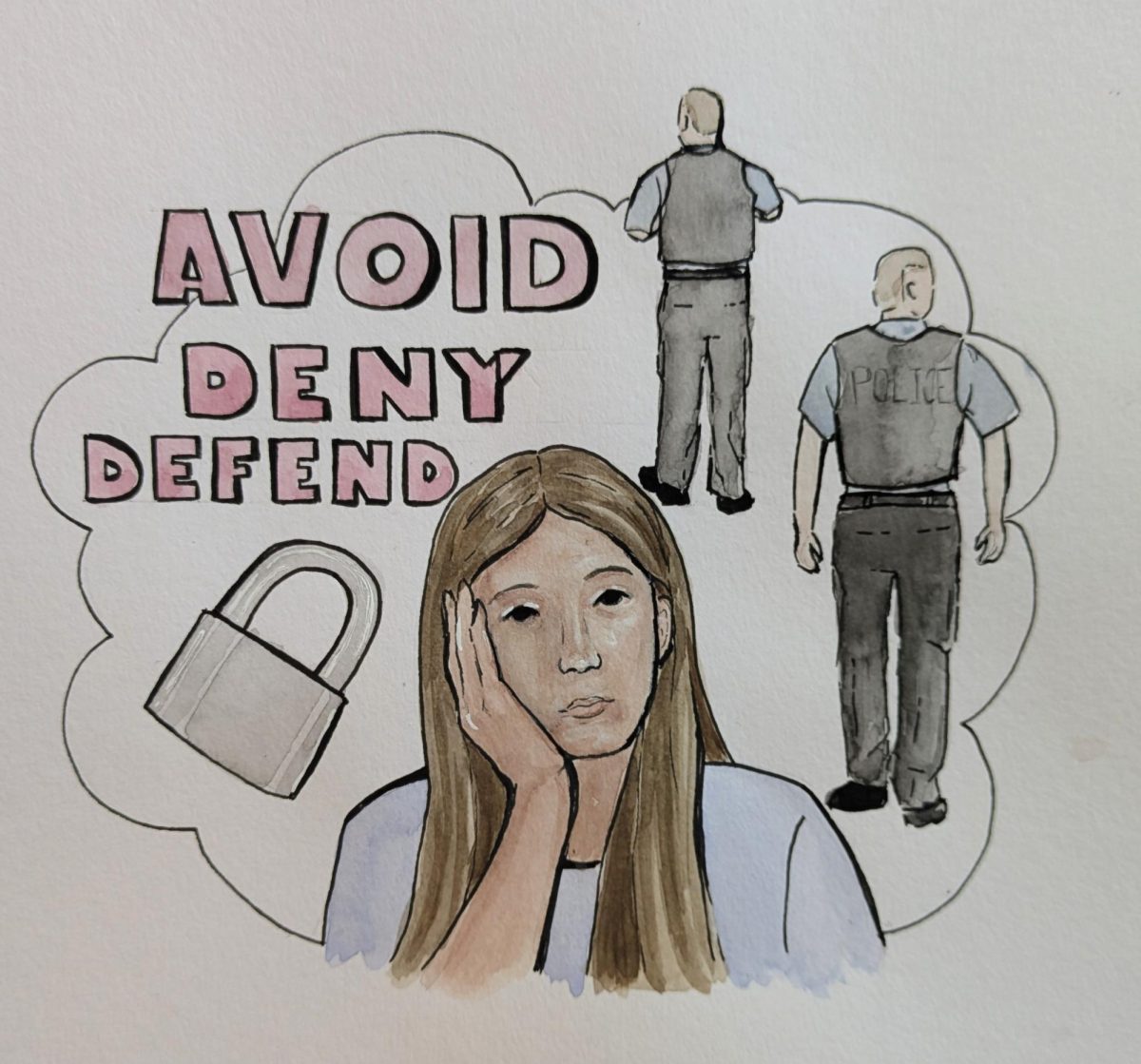When it comes to sustainability, we all have a part to play. This precarious future is in our hands, and, as a community and as individuals, it is our responsibility to reduce our emissions and our waste in any way possible. The time to protect our future is now. To start, we must each make an effort to reduce something we all have direct control over: food waste.
Food waste, as defined by the United States Environmental Protection Agency (EPA), is “food not ultimately consumed by humans that is discarded or recycled, such as plate waste (food that has been served but not eaten), spoiled food, or peels and rinds considered inedible.”
It’s an issue that is commonplace. You can find food waste at the level of the farmer, through unharvested crops; at an industrial level, when food is damaged in packaging; at a consumer level, when food is bought in excess and left to rot; or even in community cafeterias, where food is thrown out unnecessarily. This is the case here at Emmaus High School.
It’s an issue that starts small — maybe you throw out a spoiled carton of milk or toss the pizza you didn’t finish during lunch — but even these little actions have hefty consequences.
According to the United States Department of Agriculture (USDA), an estimated 2.5 billion tons of food are wasted each year. In all, this totals to a whopping 40 percent of the food we produce being wasted.
When we waste food, we don’t just waste the actual product: we waste all of the time, resources, and energy that was put into producing, packaging, and shipping the product.
It may seem trivial, but the resultant effects of food waste are devastating. According to the EPA, an area of agricultural land equal to California and New York combined is used on food that is wasted in America alone each year, as well as enough water and energy to supply more than 50 million homes. The amount of green house gas emissions released by the production of wasted food is equivalent to over 42 coal-fired power plants.
Food waste is expensive, too. The World Research Institute states that reducing consumer food waste by even 20 to 25 percent by 2030 could save the world an estimated $120 to $300 billion per year.
When it comes to widespread environmental issues, we can tend to feel like we have no control over the situation. It is true that, in many cases, some of the worst offenders to the environment are businesses or corporations outside of our control. But for food waste, it is quite the contrary — over a third of food waste is lost at the consumer or household level.
We aren’t helpless in issues like these. With food waste especially, we can make changes in our lives that help alleviate the massive effects food waste has.
At its core, food waste is preventable. While some things are unavoidable, we still maintain control over our own actions, and how much we feed into food waste.
On an individual level, it is helpful to establish meal plans and pre-plan grocery trips. To put it simply: don’t buy what you don’t need. If you do end up over-buying, always try to use all parts of leftovers — you can get creative with different recipes to minimize scraps or waste.
As a school, there are also actions we can take. At EHS, food waste is easily observable. The amount of usable food tossed every day is staggering. It often comes down simply to laziness. We don’t realize it, but the slight amount of effort it may take to put an unused apple or orange into the box can make a world of a difference.
As a larger community, we also have the ability to make a real difference in food consumption and waste. Any food bought in excess can be donated. Food waste often exacerbates food insecurity. Locally, we can set up small-scale programs, like food drives or donations, to allow others dealing with food insecurity to have access to otherwise wasted food. Organizations like Feeding America nationally or Philabundance in Philadelphia exist to help alleviate food insecurity while also eliminating food waste.
A key way to reduce food waste is to compost. By composting, you reduce the amount of food sent to a landfill, and instead let it decompose in a controlled environment, where the nutrients in the food can be reabsorbed into usable soil. Composting can be done at home, or on a larger scale — the Borough of Emmaus has its own Emmaus Compost Center, located on Klines Lane, that is free to use. Many resources like these are available, but they simply aren’t well known or used. Solutions like composting can be brought to EHS to help reduce our school’s emissions first hand.
It is our job to bring sustainability to the forefront of our communities. Our future is in our hands. While issues like climate change may seem out of our control, making a change isn’t as difficult as it may seem. Something as simple as making a change in how we eat and what we do with our food can mean the difference between a rich, sustainable future and a bleak one.







